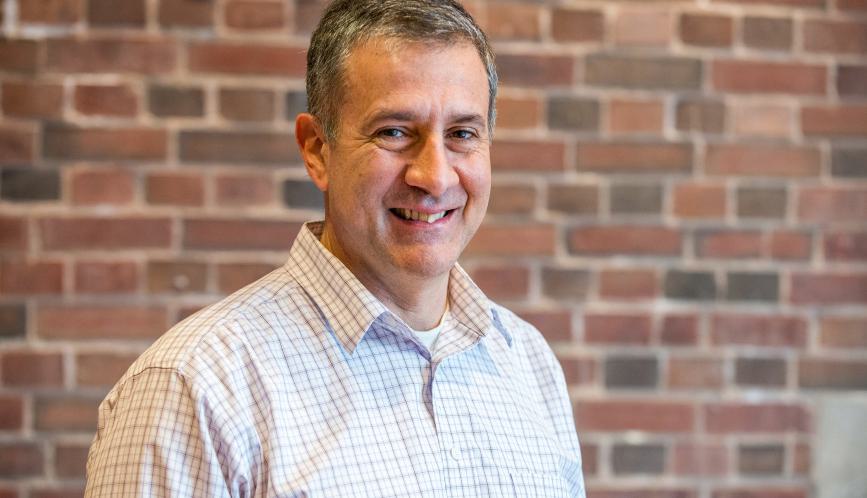Dean Corbae is a leader of the Markets network and Professor of Finance, Investment, and Banking at the Wisconsin School of Business, where he also holds an appointment in the Department of Economics. His current research focuses on consumer credit and bankruptcy, foreclosures, and banking industry dynamics.
Please describe your area of study and how it relates to current policy discussions surrounding inequality.
My research has focused on how financial market frictions (incomplete markets) in the presence of idiosyncratic earnings risk can lead to wealth inequality. One example of this line of research with a policy twist is my paper “Politico-Economic Consequences of Rising Wage Inequality” co-authored with Pablo D’Erasmo and Burhan Kuruscu. In that paper we use a median voter model to assess how much the observed rise in wage inequality and decrease in median to mean wages can explain changes in redistributive government policies. Our model is able to predict roughly half of the increase in redistribution to households in the lowest wage quintiles as a consequence of exogenous changes in the wage process. Since the mobility matrices we construct from the data underestimate the coefficient of variation of wages, it is not surprising that we underpredict redistribution. At the same time, the model overpredicts the average effective tax rate. Since the median voter model assumes all agents vote, this is also not surprising.
What areas in the study of inequality are in most need of new research?
I will leave it to others in the group to mention the importance of new research on the role of education on earnings and wealth mobility. Instead, I will suggest something along the lines of question 1; the role of political economy on taxation and its impact on mobility. For example, take our above model’s over-prediction of the average effective tax rate. Since evidence shows that voter turnout is positively correlated with an agent's position in the income distribution, our model simulations based upon observed median earnings underestimates the decisive voter. Hence one would expect that a model which matches observed voter turnout would in principle yield lower taxes. Hence in the context of the above paper, integrating a theory of voter turnout into political economy models can help us understand the role of policy on mobility. More generally, integrating political economy issues into our models to understand mobility should be a top agenda item.
What advice would you give to younger scholars emerging in the field?
Inequality (and immobility) is truly an important economic and social issue for both developed and developing economies. Building quantitative structural models that can undertake policy counterfactuals to complement experimental studies addressing these issues is critical.



